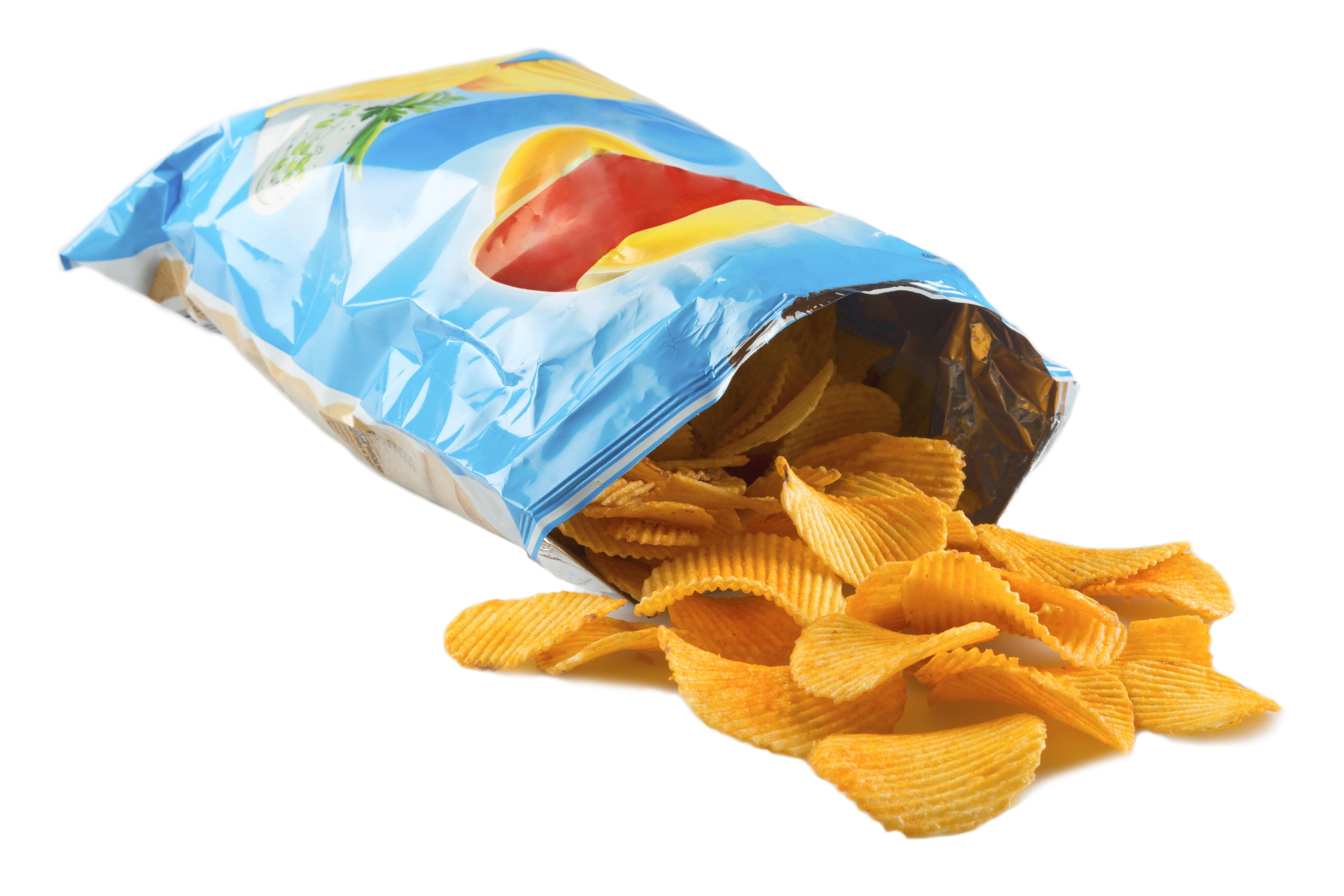adhesives
The use of adhesives ensures the structural integrity of packaging, which is important for withstanding transport and handling, and contributes to the effective sealing that prevents the entry of foodborne pathogens. Adhesives meet rigorous safety standards to ensure they are safe for contact with food, whether direct or indirect.
Adhesives enhance manufacturing efficiency, allowing for faster production lines and increased throughput, which lowers operational costs. They also offer design flexibility, facilitating the creation of innovative packaging that can bond diverse materials and support complex shapes. For consumers, adhesives improve product usability through features like resealable packages, enhancing their overall experience with the product.

Zemac™ E60, a maleic anhydride copolymer, is a solution that enhances performance. E60 is utilized as an adhesive (& sealant) in food packaging for its excellent adhesion to various substrates, compatibility with other polymers, and enhanced barrier properties against gases and moisture, which are vital for extending product shelf life.
Why use Zemac E60 as an adhesive & sealant in food packaging?
- adhesion properties: strong adhesion capabilities, effective at bonding a variety of substrates used in food packaging (includes materials like polyethylene, polypropylene, and PET – the ability to adhere to different materials is crucial for creating secure seals and maintaining the integrity of the packaging)
- compatibility and versatility: can be easily modified to enhance compatibility with other polymers, improving the overall performance of the packaging material (allows for tailored properties in the adhesive, such as adjusting the tackiness or the curing speed to meet specific production requirements)
- barrier enhancement: by incorporating maleic anhydride copolymers in food packaging, the barrier properties of the packaging material against oxygen, carbon dioxide, and moisture can be significantly improved (crucial for extending the shelf life of food products by preventing the permeation of gases and moisture that can lead to spoilage)
- safety and compliance: maleic anhydride copolymers are generally recognized as safe for use in applications that involve contact with food (they comply with the regulations set by food safety authorities, ensuring that they do not contaminate food or alter its taste and smell)
- chemical resistance: exhibits good resistance to chemicals, oils, and greases, which is important for packaging fatty foods or products that may contain acidic or alkaline ingredients
- heat resistance: can withstand higher temperatures, which is beneficial during processes that involve heat sealing of packaging (ensures that the adhesive properties are maintained throughout the packaging and distribution process, even under varying temperature conditions)
